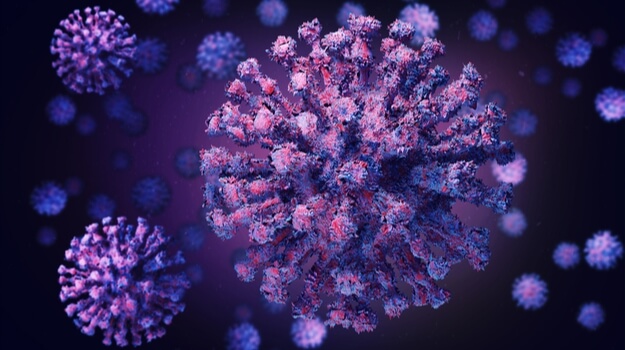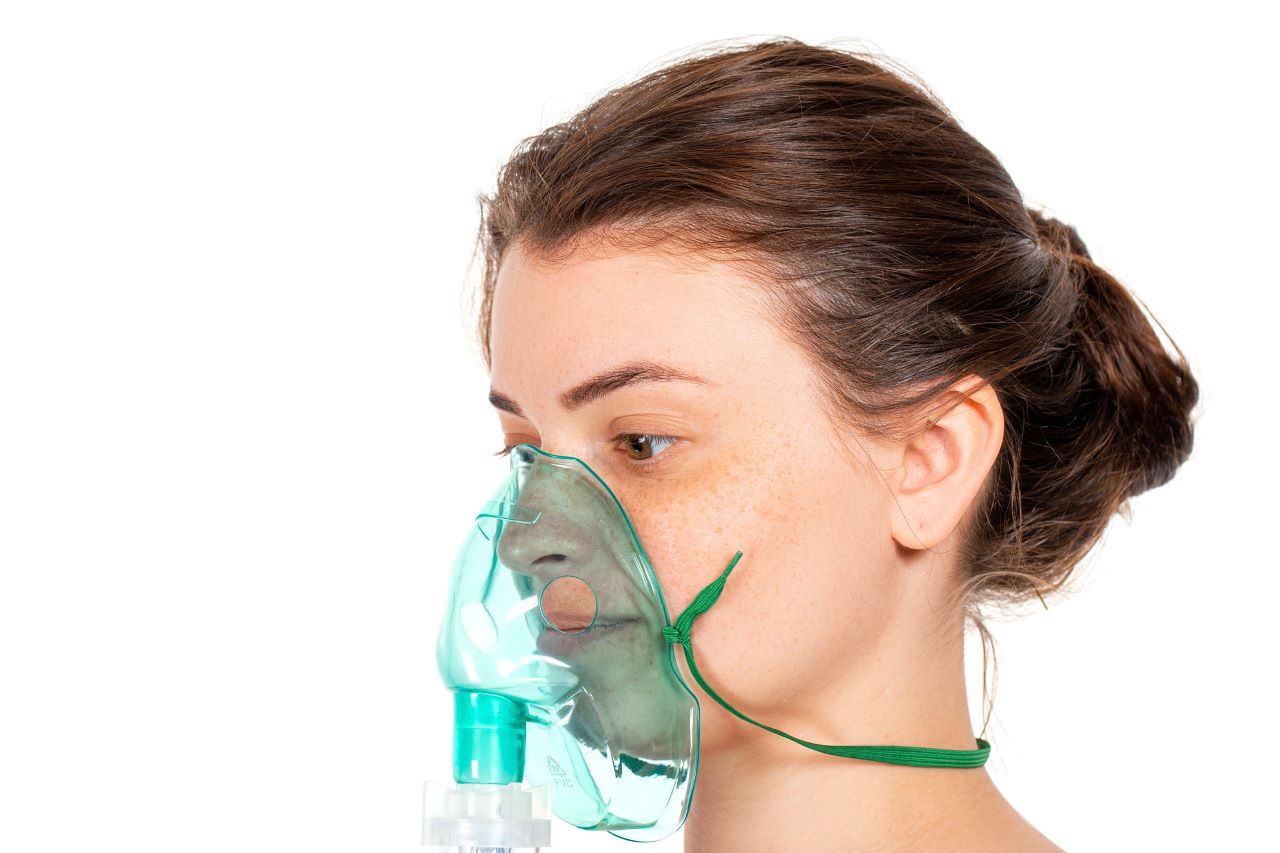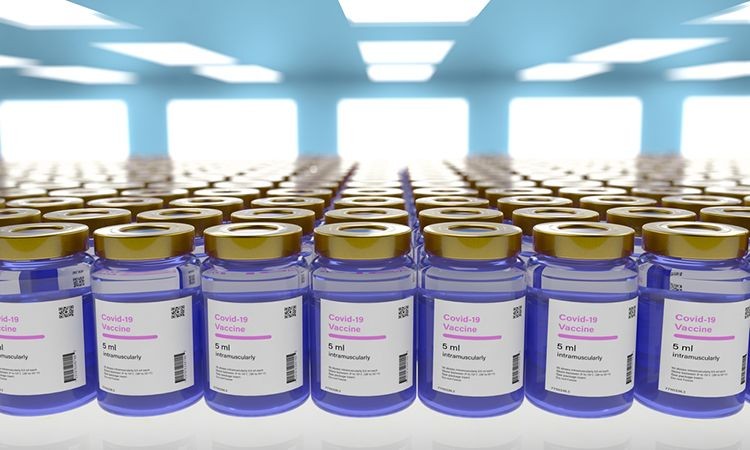GOTHENBURG, Sweden, Dec. 8, 2020 /PRNewswire/ — Vicore Pharma Holding AB (publ), a pharmaceutical company dedicated to developing innovative medicines for severe lung disorders, today announces positive top line data from the ATTRACT COVID-19 trial with C21 (VP01). A webcast presentation will be held today at 15:00 CET (9 am EST).

The ATTRACT study was a randomized, double-blind and placebo-controlled trial investigating the efficacy of oral C21 compared with placebo in 106 hospitalized COVID-19 patients with signs of an acute respiratory infection but not requiring mechanical ventilation. Many of these patients go on to experience respiratory distress, as manifested by the need for supplemental oxygen, often leading to acute respiratory failure if the disease progresses. The need for oxygen treatment reflects progress of the infection to the lower airways where gas exchange occurs.
Topline results:
- C21 reduced the risk of needing oxygen at the end of treatment by 40 %, an effect that was statistically significant (p=0.057) at the 10% level as predefined in the Statistical Analysis Plan.
- There was a clear trend for C21 reducing number of patients needing mechanical ventilation, with four patients in the placebo group compared to one in the C21 group.
- There was also a trend for C21 reducing mortality, with three deaths in the placebo group compared with one in the C21 group.
- C21 was well tolerated in this population of severely sick patients.
Vicore Pharma will continue to analyze the data from the study and more information will be presented in due course.
“Given the nature and scale of this study, we are surprised to see such a clear and significant clinical benefit for C21”, says Carl-Johan Dalsgaard, CEO of Vicore Pharma, “and given the severity and duration of the pandemic, an oral C21 formulation with an excellent safety and tolerability profile could become an important and convenient early treatment of COVID-19, fulfilling a huge medical need. In addition, these results bode well for our ongoing study in idiopathic pulmonary fibrosis (IPF) as well as for future studies in larger indications where activation of AT2R may have a role to play”.
Dr. Reema Kashiva, Principal Investigator at Noble Hospital and Research Centre, Pune, India, said: “Given the severity of COVID-19, it is encouraging to see promising clinically meaningful results such as the impact of C21 on oxygen use, suggesting potential utility of this medicine on shifting the treatment paradigm of this aggressive disease.”
Webcast presentation
Vicore Pharma will host a webcast to present more about the outcome of the study at 15.00 CET (9 am EST) today that can be accessed via the link: https://financialhearings.com/event/13550









